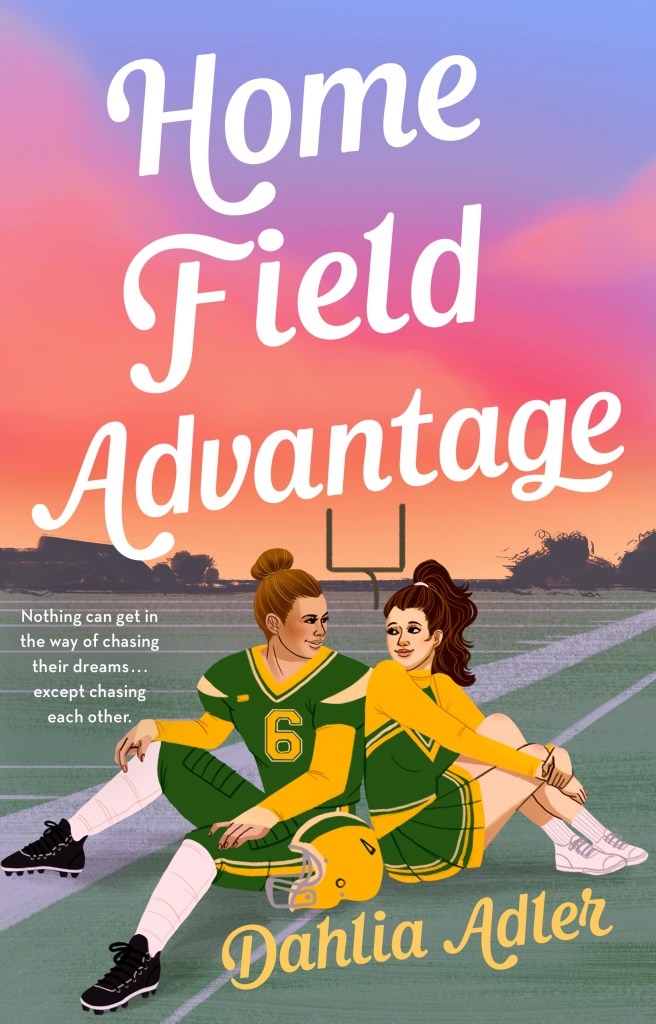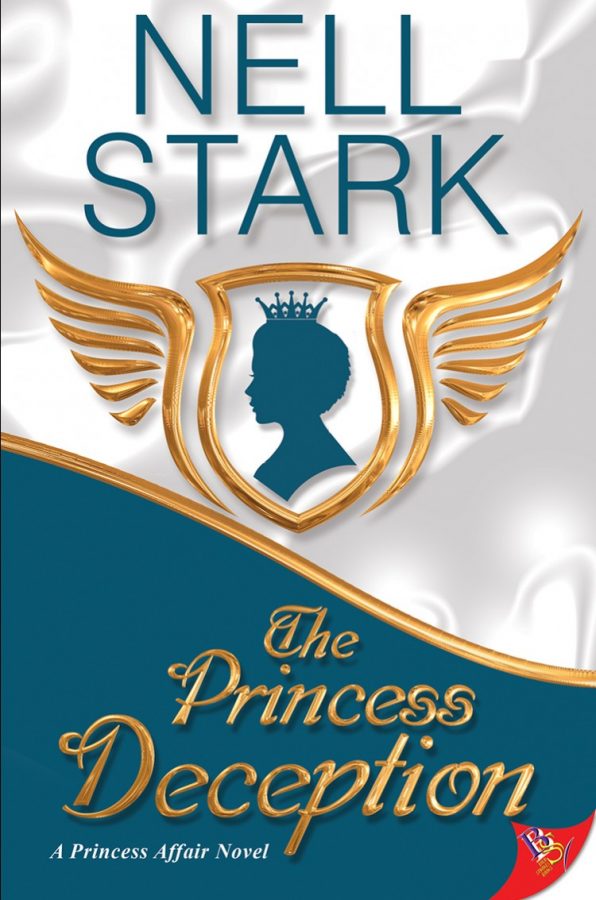I feel a bit like a terrible literary queer when I say that I haven’t read much of Michelle Tea—I actually saw the film version of Valencia when it was recently at Vancouver’s queer film festival, and I haven’t read the book yet! While Michelle Tea was in town for the screening, though, I had the pleasure of seeing and hearing her read from her latest (young adult) novel, Mermaid in Chelsea Creek. I was sold.
First things first, the book itself is beautiful. It has a great nineteenth-century feel both on the outside and the inside. The hardcover is deep blue scattered with pictures of birds and a silver silhouette of a girl. Throughout the book in the corner of certain pages, and sometimes taking over an entire page or spreading onto the next one, are illustrations of birds, people, plants, trailers, and other random locales in the dirty, urban climate of Chelsea, Massachusetts where the novel is set. If you like beautiful books, this is an awesome one to have in your collection and it’s only twenty bucks, which is a steal for a hardcover!
Okay, onto the content of Mermaid in Chelsea Creek. This novel has a fantastic combination of a lot of things I love in literature: tough yet vulnerable teenage girl protagonist, gritty urban setting, magical creatures, girls saving the world, feminism, gender play, witches, and talking animals. Our everyday girl chosen for a special destiny is Sophie Swankowski (yes, that’s a Polish last name and I was excited to read about Polish immigrants to North America, since it’s not something I’ve encountered much and I have Polish background myself!). I know the chosen one shtick in fantasy has been done a lot (Harry Potter, etc) but I love it. I love how Sophie, being the uncertain, messy-haired teenager that she is, is pretty reluctant about taking on the responsibility of ridding the world of evil. Her guide is a cussing mermaid who appears out of a filthy river to her during a vision she has while playing the pass-out game with her friend. I’d be weirded out too, Sophie.
In addition to her bad-ass mermaid mentor, Sophie also discovers a long-lost great aunt masquerading as the owner of a musty old convenience store, that her grandfather is not really dead but has been turned into a dog by her evil grandmother, and a Puerto Rican genderqueer teenager named Angel who has been waiting for her at the previously mentioned evil grandmother’s trailer at the town dump. Angel is where the queer part comes in, although, admittedly, it’s pretty subtextual. Angel is there to help Sophie and teach her about her powers, and the interactions between them are really cute. Ideally, I would have liked a little more romance here, but I get it, okay: Sophie has that whole saving-the-world-from-itself thing to do. I’m a sucker for romance, what can I say. I hope we get to see more of Angel in later books!
This novel is also a fantastic blend of genres: sometimes I find fantasy worlds a little too clean, but Mermaid in Chelsea Creek injects a healthy dose of gritty realism, particularly about the sexist shit teenage girls have to deal with. While there’s no over threat or mention of sexual assault, it and violence against women more generally linger in the background of the novel and I would definitely give a trigger warning, for sexual assault and self-harm. Sophie’s world is magical, but there’s also poverty, and misogyny, and animal cruelty, and alcoholism, and racism, and immigration, and single moms doing the best they can.
Mermaid in Chelsea Creek is the first book in a trilogy, so we’re left just when Sophie is embarking on her journey with the mermaid. I can’t wait to find out what happens next! We still need so many of these stories, of women as agents of their own destiny and leading the story and kicking ass and being messy, complex human beings. When I was at Michelle Tea’s reading in Vancouver, there was a group of gay men there who had read the book in their book club. They were obviously eager to discuss it, but unfortunately were totally unaware of how male-dominated the q&a became when they took up all the space. One of them even complained about how there weren’t any so-called nice male characters in the book. Hello!?! So many men’s stories have been told—it’s time for stories about women, like Sophie, to be told. Prioritizing women’s voices is one of the things this novel is all about—if you didn’t get that, you better read it again.



solargrrl says
Thanks for your review. I’ll have to stand outside the confessional with you—I’m afraid I have not read any of Michelle Tea’s writings in many, many years. This one looks like a winner. Will have to get it. Excellent review.
caseythecanadianlesbrarian says
Thanks!